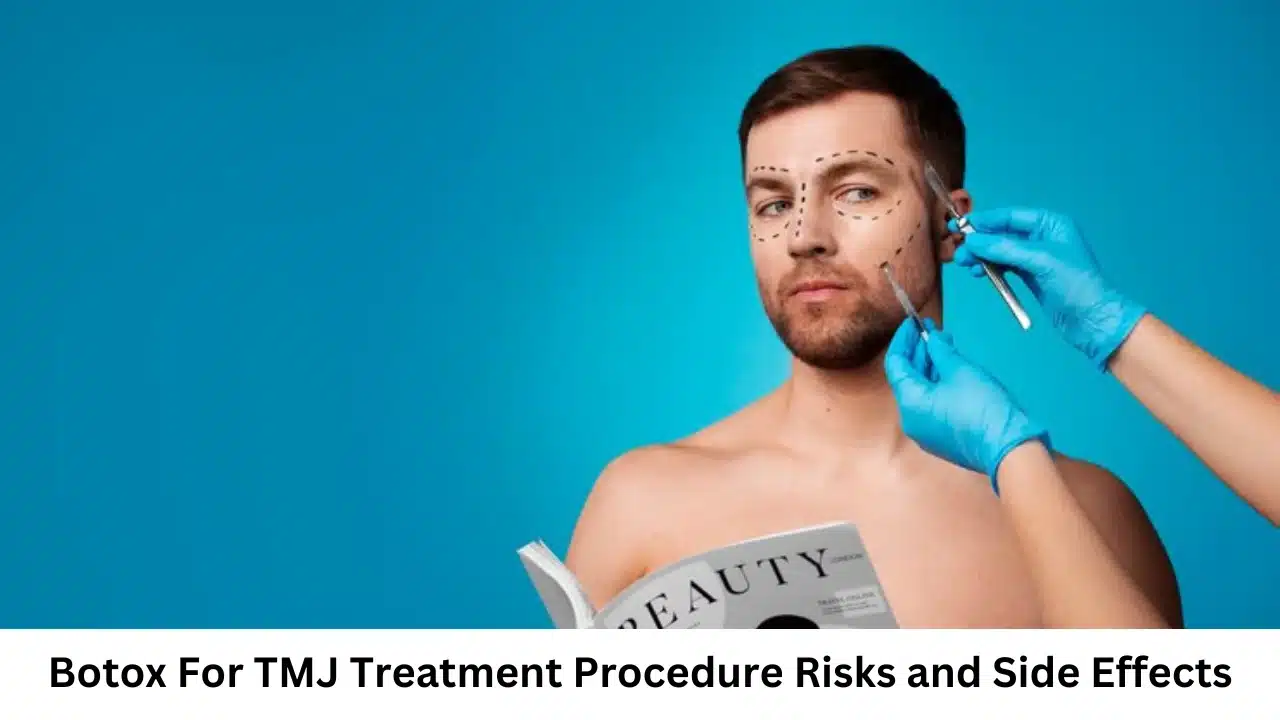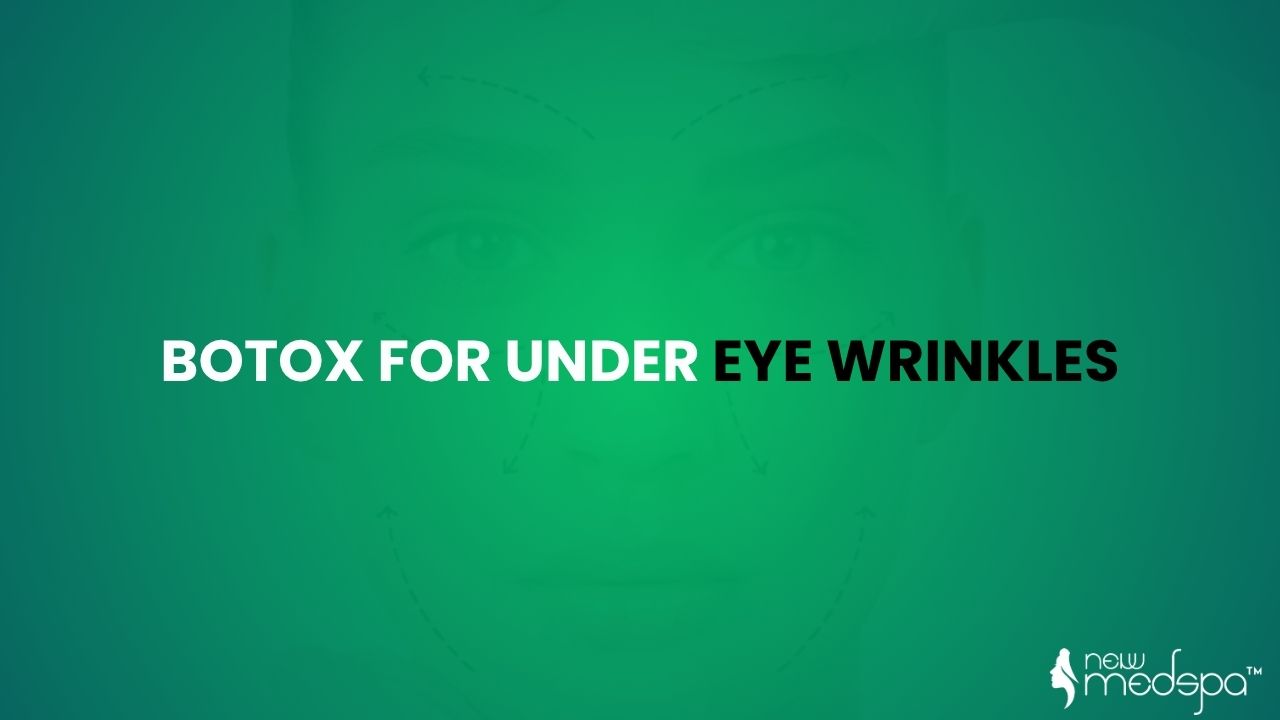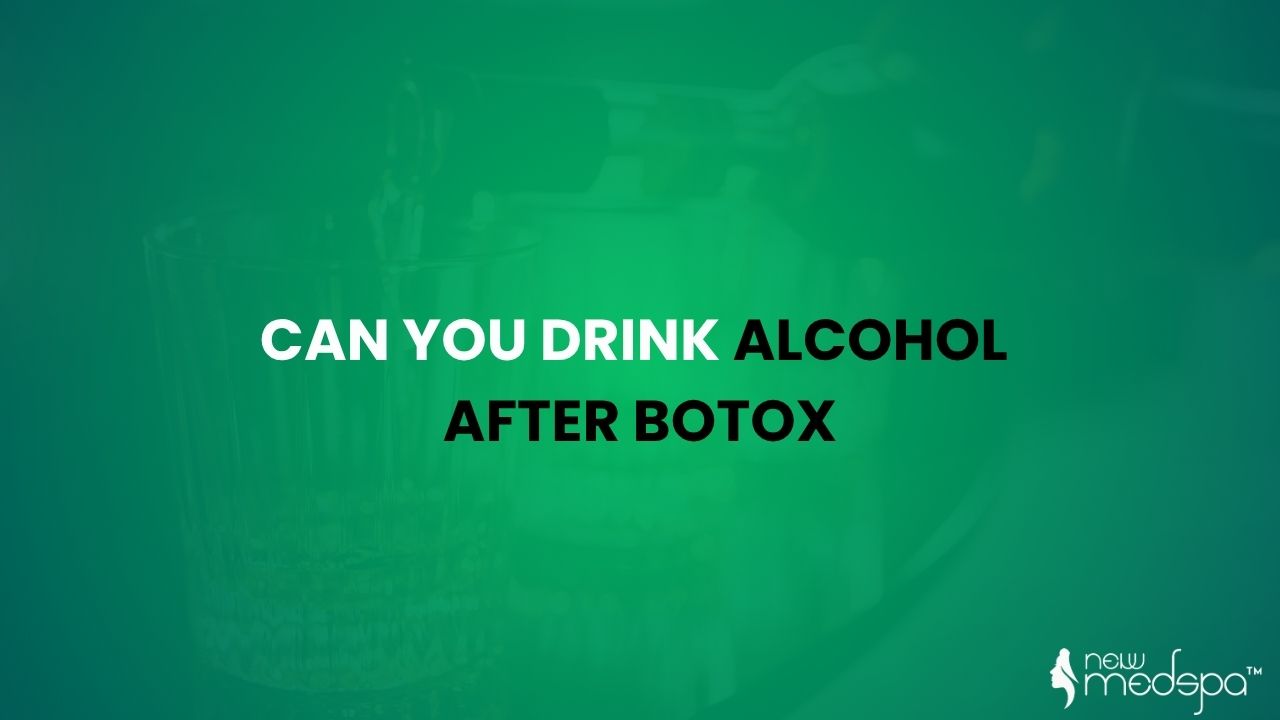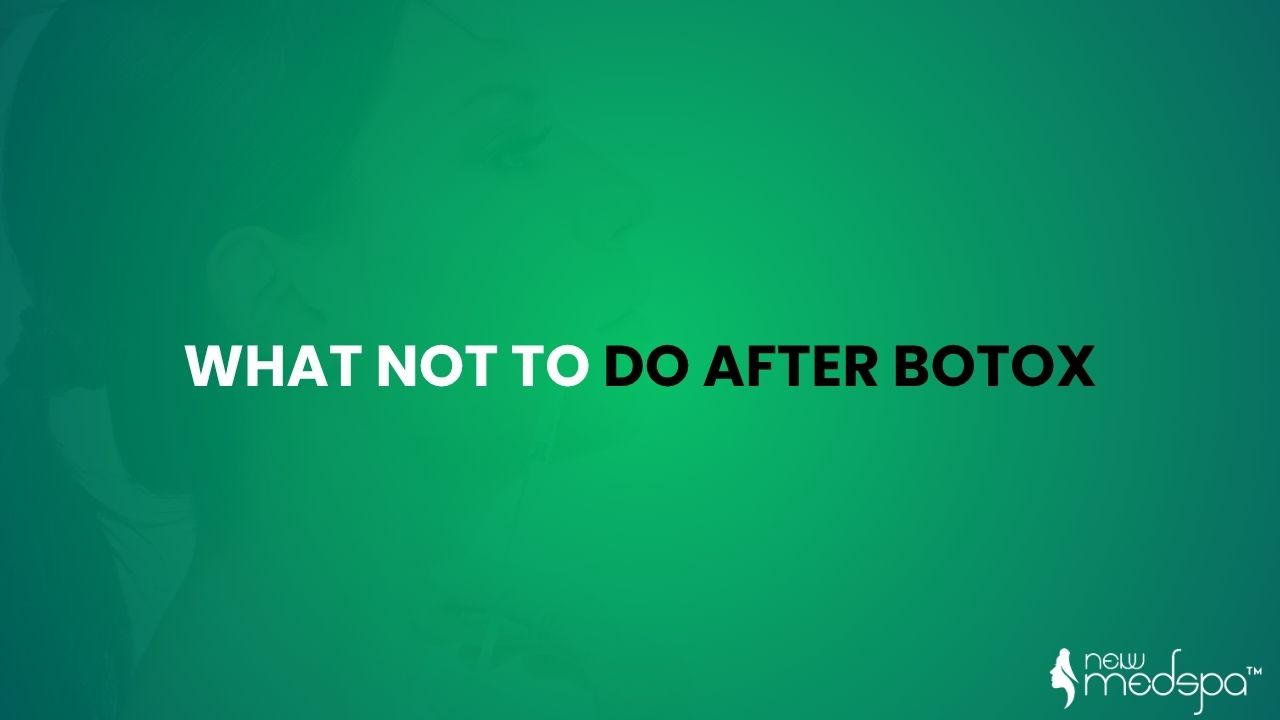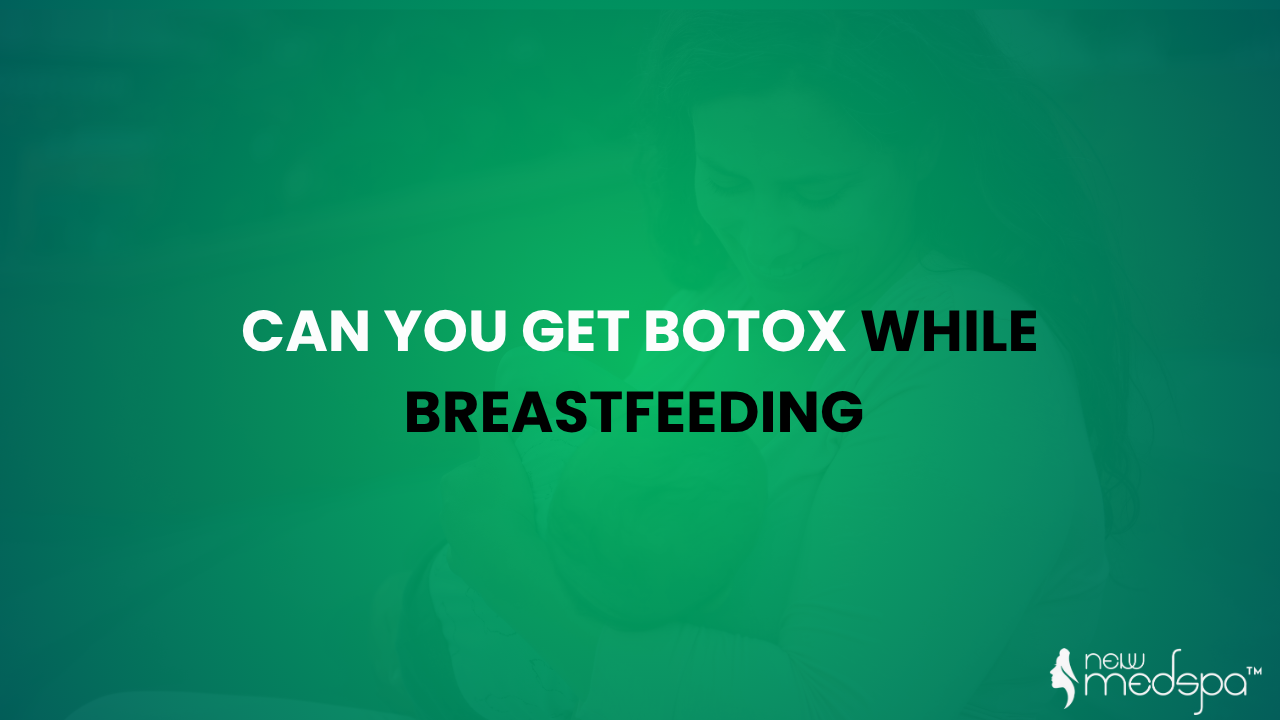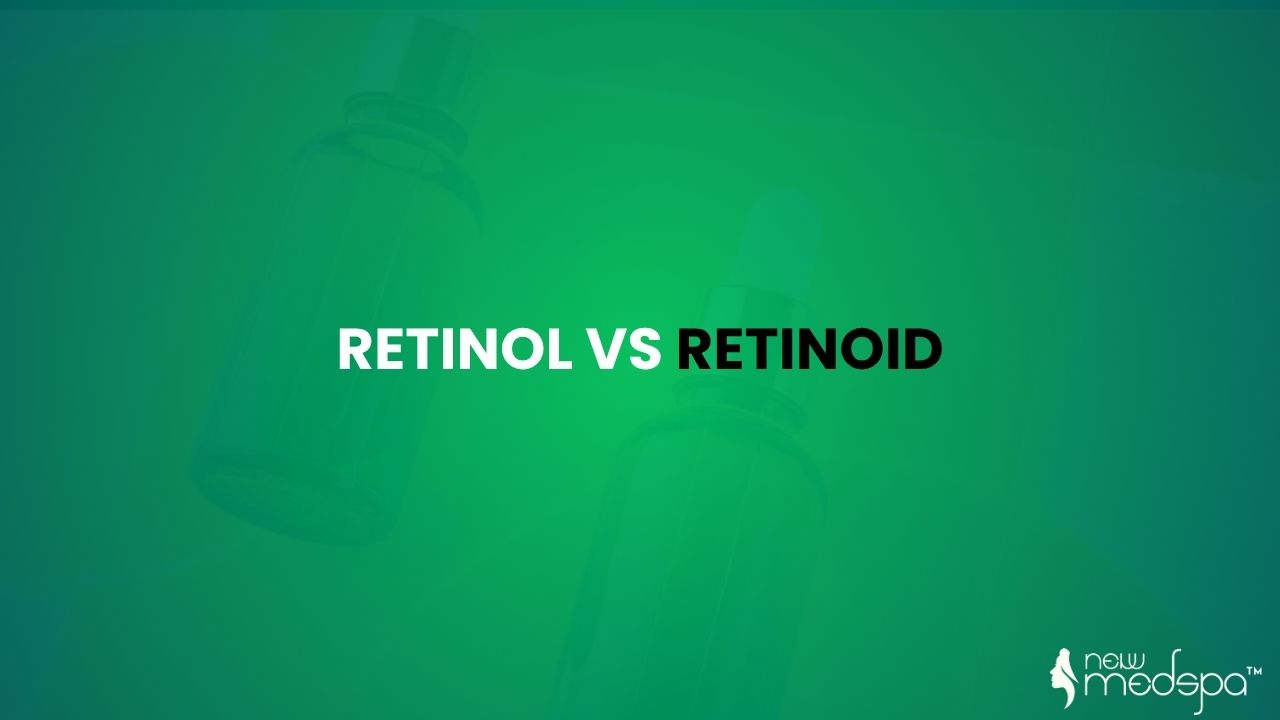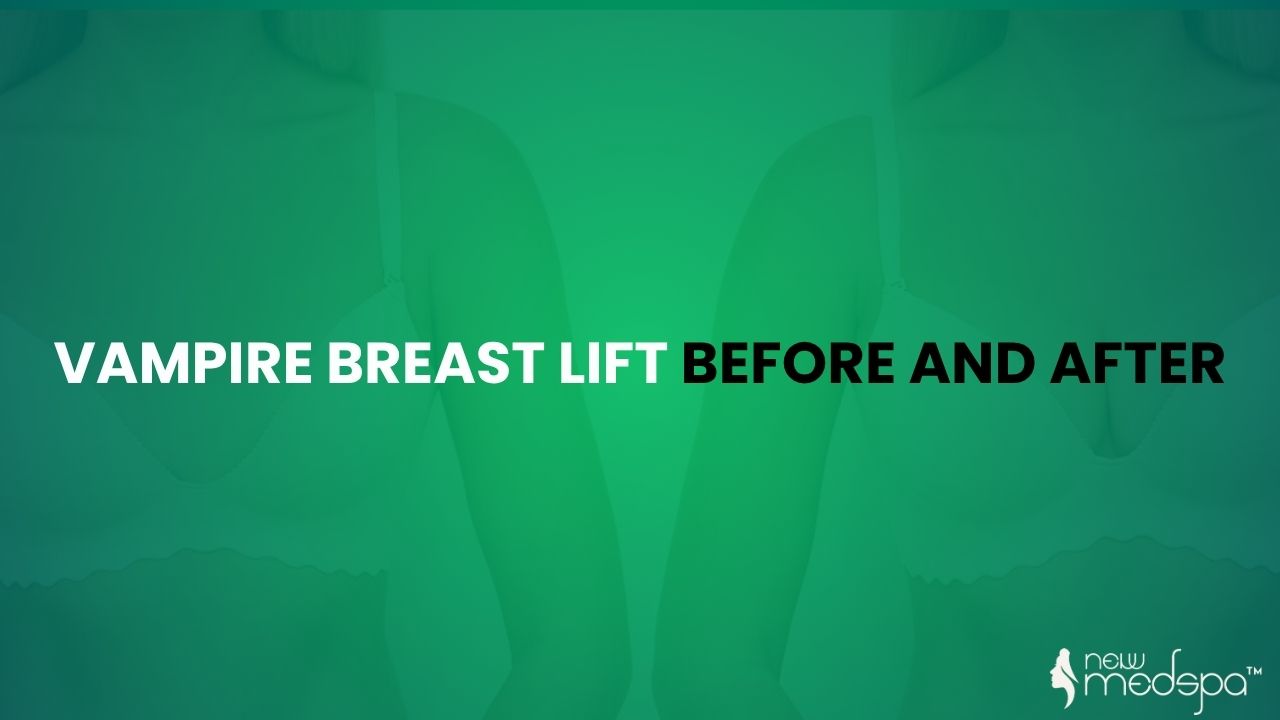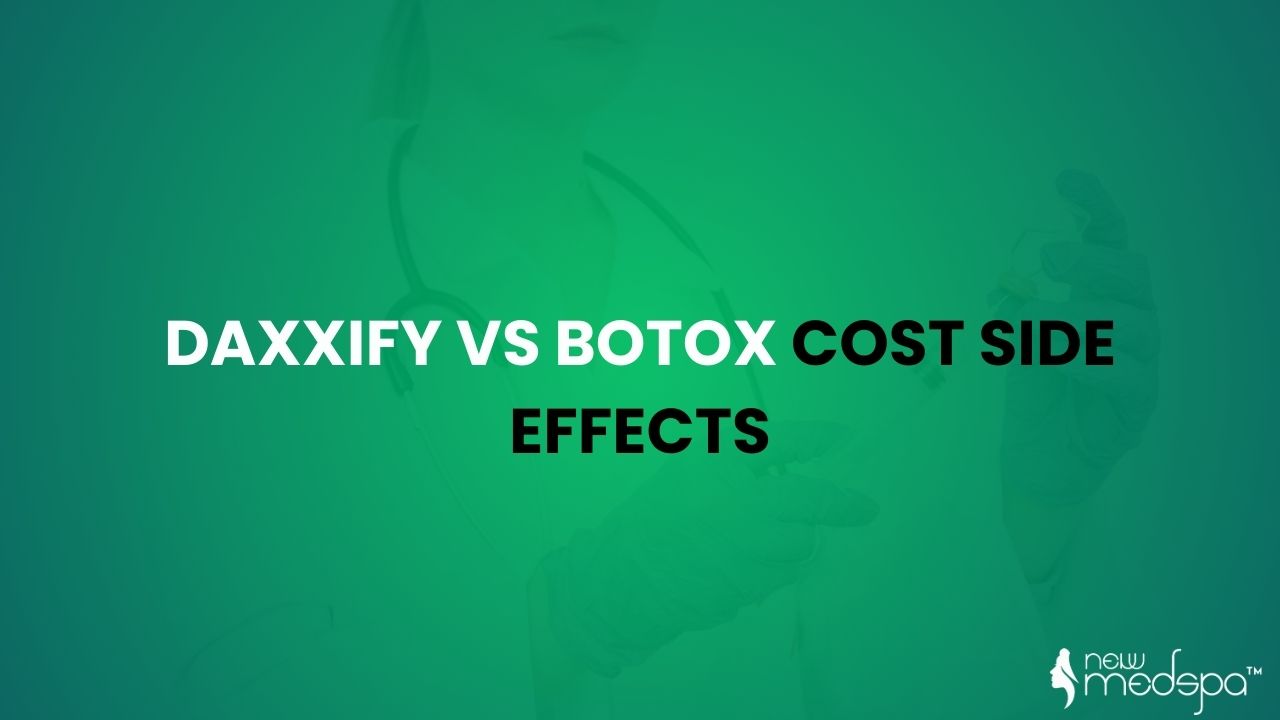Introduction to Botox for TMJ Treatment
Botox functions, by causing a paralysis of muscles, which in turn decreases their capacity to contract. When dealing with TMJ administering Botox to the impacted jaw muscles can ease discomfort. Enhance jaw movement. Research indicates that Botox injections have been successful, in alleviating TMJ symptoms for individuals.
Overview of Botox
Botox, also known as botulinum toxin is a toxin produced by the bacterium Clostridium botulinum. Its cosmetic benefits include reducing wrinkles. It is also utilized for purposes such, as treating TMJ.
Procedure of Botox for TMJ
Prior, to giving Botox for TMJ the healthcare provider will perform an assessment to establish the dosage and locations, for injection. The process usually includes administering injections into the affected muscles. While patients might feel some discomfort during the procedure it is usually manageable.
Risks and Side Effects
When Botox is given by a healthcare provider it is generally seen as safe. There are still risks and side effects to be aware of. These can involve muscle weakness or paralysis, in the vicinity problems with swallowing or an uneven smile. It’s crucial to have a conversation about these issues, with your provider before moving with the treatment.
Comparing Botox with Traditional Treatments
Traditional methods, for TMJ treatment consist of medication, physical therapy, splints or mouthguards and in situations, surgery. Botox on the hand provides an intrusive option with minimal side effects and a faster recuperation period, for numerous individuals.
Cost Considerations
The price of Botox, for treating TMJ can differ based on factors, like the practitioner’s expertise, where you are located and how many injections are needed. Although it might seem pricier initially compared to therapies numerous individuals discover that the lasting advantages justify the expense.
Understanding TMJ Symptoms
Symptoms of TMJ include jaw discomfort, clicking or popping noises, in the jaw joint trouble chewing or fully opening the mouth and headaches. These symptoms may vary in intensity from mild, to severe. Tend to worsen with time if not addressed.
Finding a Qualified Provider
When you’re thinking about using Botox for treating TMJ make sure to find a healthcare professional who has experience giving injections for reasons. They will evaluate your requirements. Create a personalized treatment strategy that fits your situation.
Conclusion
Botox presents a solution, for people dealing with TMJ offering them a way to alleviate pain and enhance the function of their jaws. By grasping how Botox works the process involved as the potential risks and advantages of receiving Botox injections individuals can confidently choose the best course of action, for their treatment.
FAQs on Botox for TMJ
Although a few patients may feel some discomfort when receiving the injection most individuals usually tolerate it well.
The benefits of Botox usually endure for a months. Then you might have to get the injections again to keep up the outcomes
After the treatment patients might be suggested to steer of activities and refrain from excessive jaw movements to give the Botox enough time to work effectively.
Certainly Botox can complement treatments for TMJ to improve their efficiency and alleviate symptoms better.
Certain individuals might find relief, from TMJ symptoms after receiving Botox injections whereas for some it could take around two weeks to observe improvements.


